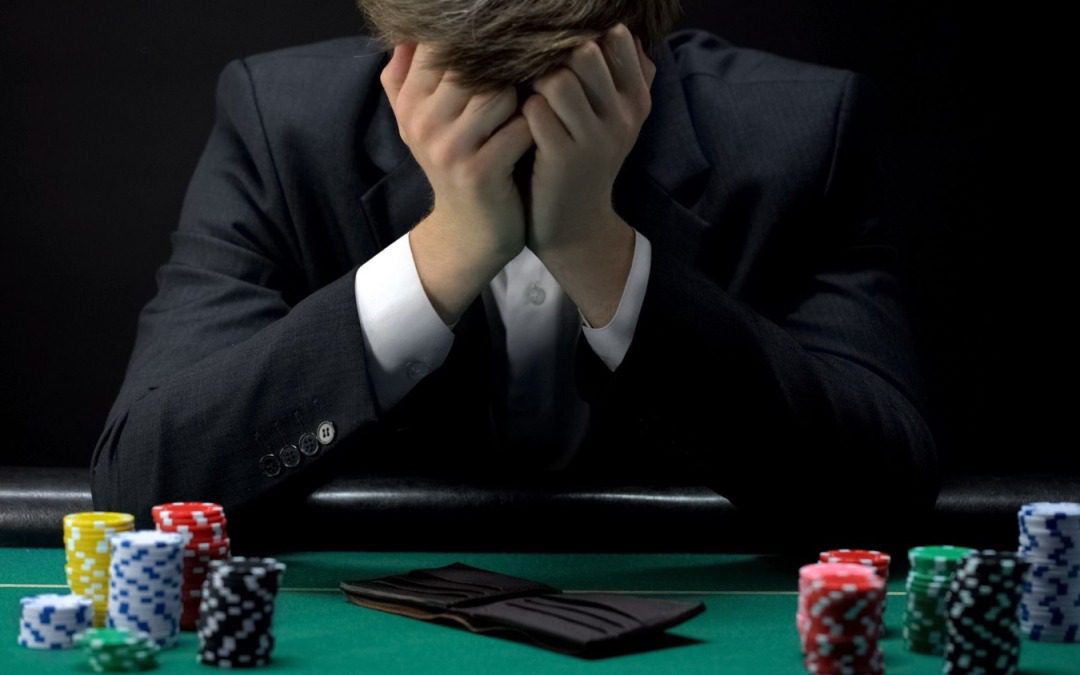Gambling addiction has many negative psychological, physical, and social effects. In fact, it is classified as an impulse-control disorder.
Mental and physical health are negatively affected by gambling. A person suffering from this addiction may experience depression, migraines, distress, intestinal disorders, and other anxiety-related disorders.Gambling can result in feelings of helplessness and despair, just as it can for other addictions. In some cases, it can also lead to attempts at suicide.
Gambling has grown significantly in the UK as a result of the Covid-19 pandemic. Many countries are concerned about gambling addiction because of its harmful consequences.
Signs of Gambling
Gambling addiction can be triggered by the underlying stress of a difficult time in your life, whether it is work-related, relationship-related, or financial. It can also result from having a compulsive personality prone to compulsive gambling.
If you or someone you care about has a gambling problem, you may see the following signs:
- An inability to control impulsive urges to gamble, even if the odds are against you
- Problems that occur within the workplace and cause difficulty in accomplishing tasks, such as an increased workload, absences from work, or general lack of concentration
- Using gambling to escape problems or relieve helplessness, guilt, anxiety or depression
- Hiding or lying to family and friends about the extent of your gambling problem, which can then lead to a negative impact on relationships
- Fraudulently taking money so you can gamble
- Denial of your problems
- Gambling for longer than you had planned to – finding that once you’ve started to gamble, you lose control and feel compelled to keep betting until you’ve spent your last pound
- Continuing to gamble even when you have no money left
Triggers
When gambling becomes uncontrollable and interferes with finances, relationships, and work, then it becomes a problem. An individual may not realise he or she has a problem until it is too late.
Some factors can lead to a change in behaviour among people with gambling addictions who are typically regarded as responsible and dependable.
The triggers could include:
- Retiring
- From a traumatic experience
- Stress caused by your job
- Anxiety or depression
- Isolation
- Additional addictions
- Surrounding yourself with friends who have a gambling issue
People with gambling problems may also suffer from alcohol or drug addiction, perhaps due to a predisposition to addiction.
How to help a gambling addict
Observing the common signs of gambling addiction as early as possible can be crucial, since gambling addiction affects relationships and is a cause for concern for immediate family members and friends.
You can do the following things if you suspect someone of being a gambling addict:
- Start a conversation about your concern
- Explain what you’ve noticed and why you are worried
- Be a listening ear
Getting treatment
At Parkland Place, we are working with Adferiad Recovery who have been commissioned by GambleAware to provide residential rehabilitation for adults presenting with gambling disorders and complexities.
Our therapeutic addiction rehab programme is based on you and your needs, combining a core schedule of activities with a flexible range of personalised support. All our interventions are based on our four decades of experience treating people with mental health and substance misuse conditions, and delivered by our skilled and experienced staff team – a number of whom have their own, personal experiences of addiction.
If you feel you have a problem with gambling or know someone close to you who does, seeking professional advice or support can be extremely helpful. For further details on how our team at Parkland Place can help you contact us via our live chat or call 01492 203421.


